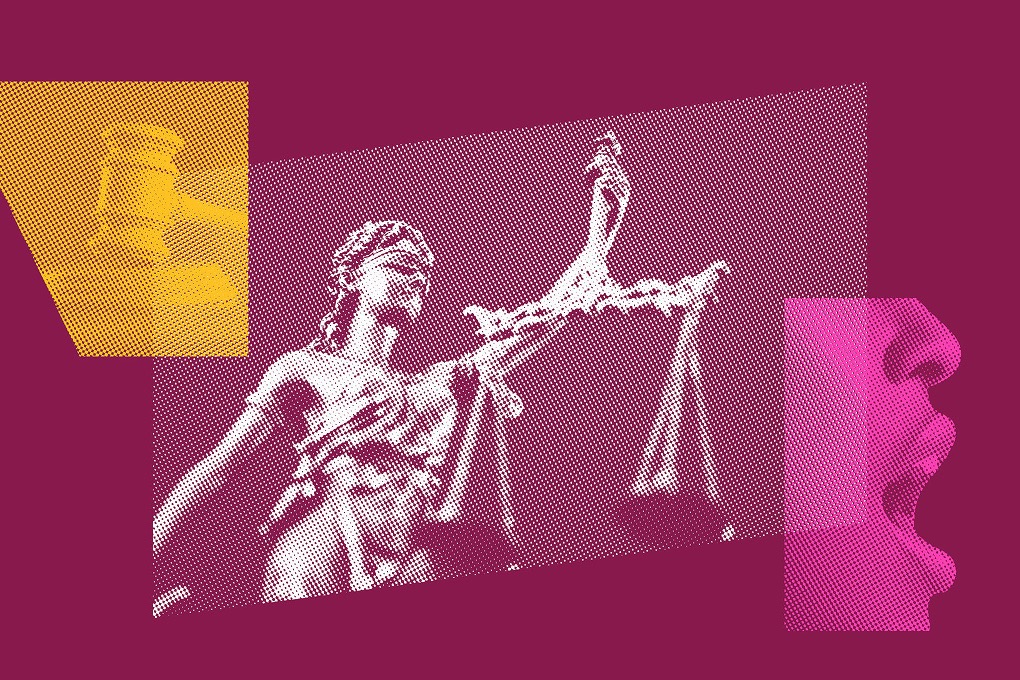Texas Court’s Bar on Unreliable Forensic Testimony Comes Too Late for Many
Under Texas law, a jury must unanimously find an inmate will pose a threat of future danger before it can sentence him to death. Many juries rely upon the testimony of psychiatrists and other doctors to make their determination.
Dr. Richard Coons, a Texas forensic psychiatrist, is one such doctor. Dr. Coons has testified in dozens of capital cases that the defendant would pose a threat of future danger if not executed.
Turns out many of those testimonies were bunk.
As reported earlier this week in the Austin-American Statesman, Texas’s highest criminal court, the Court of Criminal Appeals, recently found that Dr. Coons should not have been permitted to testify in the case of Billy Wayne Coble because his testimony was neither scientific nor reliable (PDF). The court noted, “Dr. Coons forthrightly stated that ‘he does it his way’ with his own methodology and has never gone back to see whether his prior predictions of future dangerousness have, in fact, been accurate.”
Dr. Coons' methodology is questionable, to say the least. The Statesmen reports:
At Coble's trial, Coons testified that he has developed his own methodology to come to a conclusion on future dangerousness, one in which he considers factors such as the person's conscience, criminal history and attitudes toward violence.
The significance of the court's finding cannot be overstated. The Texas Defender Service is still reviewing records, but has so far identified at least 25 cases in which Coons’ nonscientific predictions contributed to a death sentence, including nine cases in which the condemned inmate has already been executed.
In other words, Texas has executed at least nine capital defendants on the basis of junk science. For them, the Coble decision tragically comes too late.
Dr. Coons’ crystal-ball predictions of future dangerousness are not new in Texas. Dr. Coons’ predecessor was Dr. James Grigson, who relied on a similar ad-hoc methodology in testifying in 136 capital cases and whom the American Psychiatric Association expelled “for claiming 100-percent accuracy in predicting how dangerous a defendant he had never examined would be in future years.” In a 2004 report, the Texas Defender Service demonstrated that the predictions of “experts” such as Drs. Coons and Grigson were almost always wrong (PDF).
In Dr. Grigson testified that Cameron Todd Willingham would pose a threat of future danger if not executed. The jury bought his testimony, and Willingham was executed. Now, a court of inquiry in Texas is going to determine if Willingham was innocent and if Texas did the unthinkable – executed an innocent man.
Retired Supreme Court Justice John Paul Stevens recently observed, “Society changes. Knowledge accumulates. We learn, sometimes, from our mistakes.” The lesson here is clear: our criminal justice system is too unreliable and arbitrary to permit the use of the death penalty.
When it comes to capital punishment, we cannot correct our mistakes.

